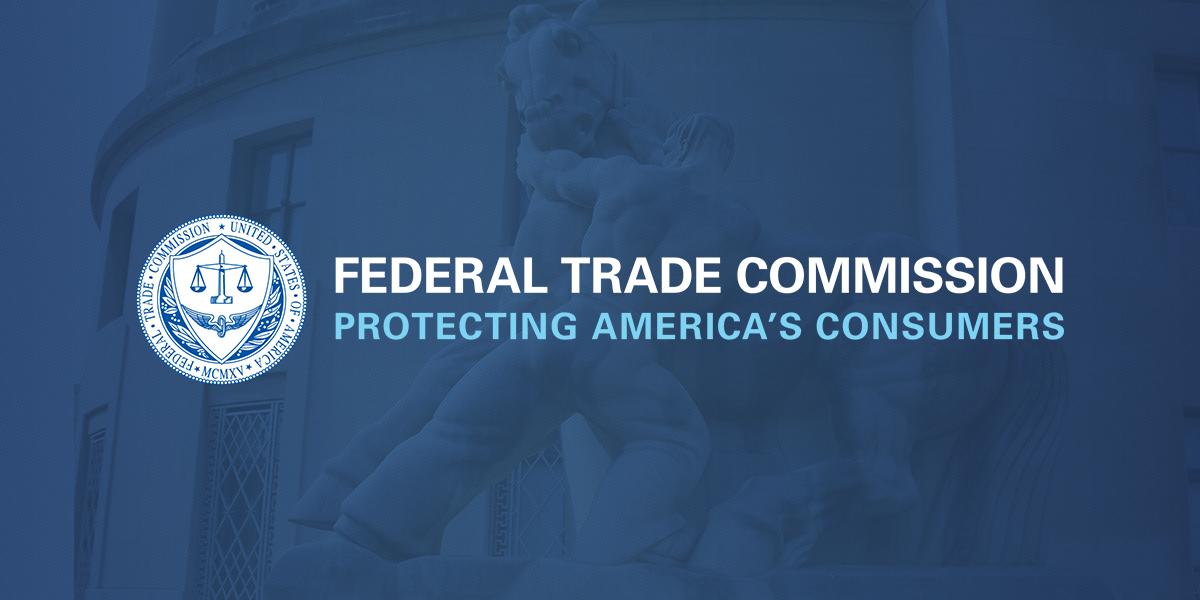In the ever-evolving landscape of scams and fraud, one particular scheme has resurfaced and is causing headaches for unsuspecting consumers. Known as the “One Ring” cell phone scam, this sneaky trick could hit you where it hurts—your wallet.
“One-ring” cell phone scam can ding your walletConsumer AdviceAri Lazarus

What is the “One Ring” Scam?
The “One Ring” scam is a type of phone fraud designed to exploit human curiosity and cost victims money. It begins with an unexpected phone call from an unfamiliar number, often from an international location. The scammer’s tactic is simple but effective: they let your phone ring just once, ensuring you notice the missed call, and then they hang up. Naturally, you might be tempted to return the call, thinking it was important or urgent. But that’s exactly what the scammers are counting on.
How Does the Scam Work?
When you call back the number, you are connected to a premium-rate phone service. These are international numbers that charge exorbitant per-minute fees, similar to calling a toll number. Unbeknownst to you, every second you stay on the line adds up to significant charges. The charges often appear on your phone bill as long-distance or international fees, sometimes obscured in the fine print.
These scammers often use phone numbers that appear to be from countries with similar dialing codes to U.S. numbers, making it harder to recognize at a glance. Some of the most commonly used codes come from countries in the Caribbean like Grenada, Antigua, Jamaica, and the British Virgin Islands.
What Can You Do to Protect Yourself?
Awareness is your first line of defense. Here are some tips to avoid falling victim to the “One Ring” scam:
- Don’t Return Unknown Calls: If you receive a call from an unfamiliar number and it only rings once, resist the urge to call back, especially if the number appears to be from an international location.2. Check the Area Code: If you do not recognize an area code, especially if it’s from a different country, be cautious. You can always search the area code online to see where it originates.3. Monitor Your Phone Bill: Regularly check your phone bill for any unexpected or unauthorized charges. If you notice any, report them to your phone carrier immediately.4. Block Suspicious Numbers: If you receive a call from a suspicious number, you can block it to prevent future calls from the same number.5. Report the Scam: If you believe you’ve been targeted by this scam, report it to the Federal Trade Commission (FTC) at ftc.gov/complaint.
Scam HubHere’s an in-depth list of various scam types and categories that you follow. Each category can include detailed explanations, real-life examples, and tips on how to avoid falling victim to these scams. 2024 and beyond Emerging Scams * Quantum Computing Investment Scams: Fraudsters exploit the hype around quantum computing to
 ScamWatchHQScamWatchHQ
ScamWatchHQScamWatchHQ
What To Do If You’ve Fallen for the Scam
If you’ve already returned a suspicious call and noticed unfamiliar charges on your bill, don’t panic. Contact your phone provider immediately and explain the situation. They may be able to reverse the charges or offer advice on how to avoid similar scams in the future.
ResourcesNavigating the aftermath of being scammed can be overwhelming, but there are numerous resources and organizations available to help victims in the United States and globally. Below is a list of key resources and contact information for reporting scams, seeking assistance, and learning more about protecting yourself from future scams. ScamWatchHQScamWatchHQ
ScamWatchHQScamWatchHQ
Conclusion
The “One Ring” scam is just one example of the many ways scammers attempt to separate you from your hard-earned money. By staying informed and cautious, you can avoid these traps and keep your finances safe. Always remember, if something feels off about a phone call, it’s better to err on the side of caution and not engage. Your curiosity might cost you more than you think.

